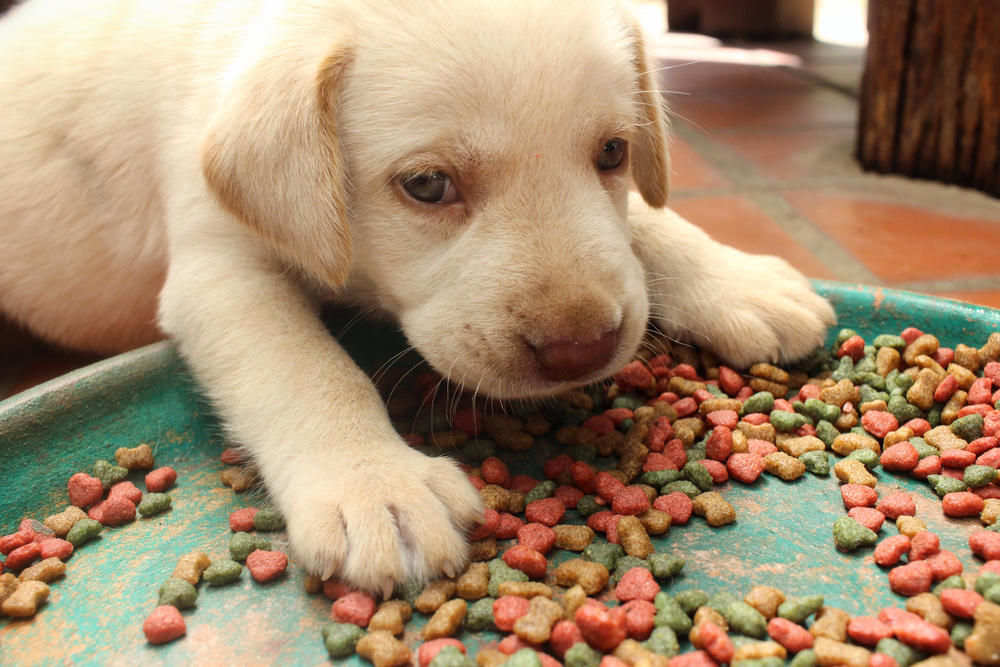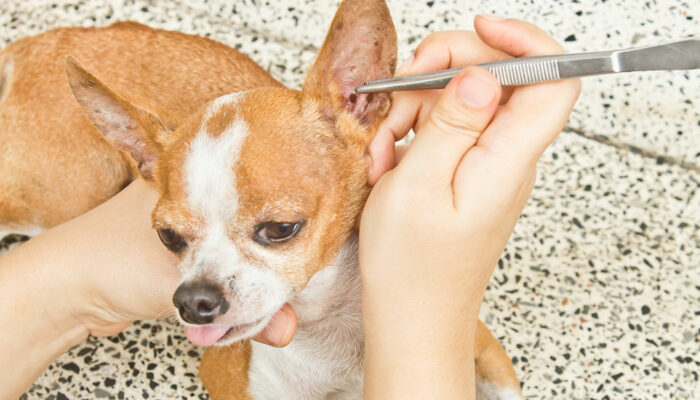
Common Signs and Triggers of Food Allergies in Dogs
One of the main concerns for most dog parents is their pets having food allergies. You must be cautious of what your canine eats if they have allergies. Dogs exhibit certain symptoms when they have an allergic reaction to foods, and the best way is to understand these, determine the allergen, and eliminate it from their diet.
Here’s a guide to identifying the most common symptoms and triggers of food allergies in dogs.
1. Symptoms of food allergies in dogs
- Inflammation in the ears
If your dog exhibits chronic or frequent inflammation in the ear, you should keep a watch and see when it is triggered. Your dog would exhibit behavior like constant scratching behind the ears and may seem uncomfortable. - Gastrointestinal problems
If a particular food is causing discomfort in your dog, they will show signs like diarrhea, vomiting, and chronic gas. Every time that the dog shows such symptoms, make a note of what their last meal contained to help you see any patterns and determine the trigger food. - Loss of hair
If you start seeing sudden hair fall in your dog, a trigger food is most likely the cause. There could also be other reasons, but food can be the cause if your pet is allergic to a particular kind. - Skin infections
When a dog has food allergies, as with humans, they exhibit changes on the skin. If your dog is frequently itching or develops rashes and other skin-related symptoms, it is important to take note and see what foods cause such reactions. You can also approach a vet for further guidance. - The occurrence of hot spots
There is the presence of lesions on the skin as a result of the continuous scratching, chewing, and licking. They cause a lot of pain for dogs upon touching.
2. Common triggers for food allergies in dogs
Dogs react differently to each form of food, and every canine may not be allergic to the same food. Some of the common foods that affect several breeds are dairy, beef, corn, wheat, chicken, fish, chicken eggs, and lamb.
3. What can be done if your dog has food allergies?
The first step is to take them to a veterinarian and identify the trigger food. Most symptoms of food allergies can be precursors for other types of diseases in dogs, so it is important that you identify the trigger or cause and treat it at the earliest. Commonly administered treatments for food allergies in dogs include medication and topical creams, and doctors also recommend making dietary changes to suit a dog’s nutritional requirements without triggering flare-ups. Severe food allergies may cause a dog to be unable to breathe at ease, and you must ensure immediate medical intervention to help your dog in such cases.



